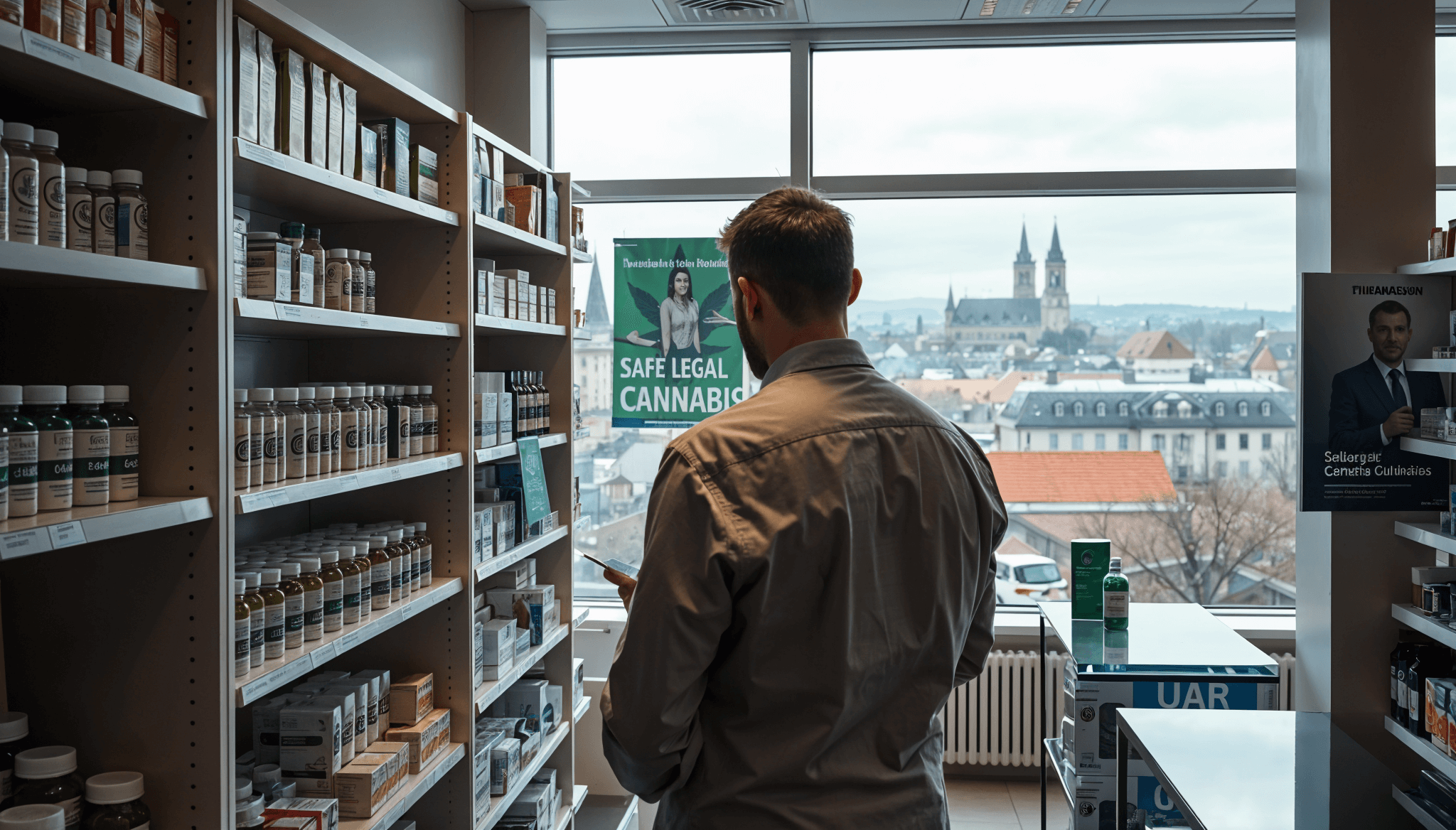The city of Wiesbaden, Germany, is embarking on a groundbreaking experiment aimed at reshaping cannabis distribution. This initiative focuses on the controlled sale of cannabis through pharmacies to reduce illicit trade and enhance public health protection. The project has garnered interest from multiple sectors and is set to begin next year.
Initiative objectives
At the heart of this project is the aim to establish a regulated market that ensures high pharmaceutical standards are applied to cannabis distribution. According to Milena Löbcke, the city’s health official, this initiative aligns with realistic drug policies that prioritize children, youth, and public health protection. The experiment is expected to achieve these broader goals by marginalizing the black market.
This effort will also maintain cooperation with renowned research institutions, leveraging their expertise gained from similar experiences abroad. Such collaboration promises a successful implementation and oversight of the experiment within Wiesbaden.
Partnerships and collaborations
The success of this initiative hinges on partnerships with various organizations. Key players include “Cannabis Forschung Deutschland” and Hamburg’s interdisciplinary addiction research center, supported by the Federal Ministry of Food and Agriculture. These alliances will ensure the project adheres to stringent scientific and regulatory standards.
The plan includes significant involvement from local pharmacies, which have shown considerable interest. Their existing experience in handling pharmaceuticals positions them well to manage cannabis sales responsibly. Additionally, a newly established “Coordination Foundation for Cannabis” will oversee the project, ensuring it runs smoothly and meets its objectives.
Conditions for purchase
One of the critical aspects of this trial is the strict conditions under which residents can purchase cannabis. Only registered residents of Wiesbaden who meet specific criteria can partake in this program. They must be adults and formally register with an authorized body before buying cannabis. This restriction means visitors from neighboring regions like Rheingau-Taunus won’t have access to these sales points.
Although legalization covers consumption, home cultivation, and possession, practical challenges remain. Both retail sales and cultivation associations face numerous requirements, delaying full-scale implementation. Only eight cultivation associations in Lower Saxony currently meet the necessary conditions to operate legally.
The importance of regulation and quality control
Löbcke emphasizes the significance of maintaining high-quality standards in distributing cannabis through pharmacies. Applying stringent regulations helps ensure product safety, protecting consumers from potential health risks associated with unregulated products. This approach contrasts sharply with the inconsistencies often seen in black-market items.
The project also prioritizes the continuation of preventative work by addiction care services. By integrating these efforts into the broader framework of the experiment, Wiesbaden aims to create a more comprehensive and effective strategy against substance abuse.
Future outlook
As the city gears up for this innovative project, stakeholders from different fields express optimism about its potential impact. If successful, Wiesbaden’s model could serve as a blueprint for other cities looking to adopt similar measures. The community’s collective support and adherence to rigorous standards suggest promising outcomes.
While some hurdles still need addressing, such as logistical issues in cultivation and distribution, Wiesbaden’s proactive stance sets a progressive example. By focusing on regulation, public health, and collaboration, the city aims to redefine the landscape of cannabis distribution within Germany.





